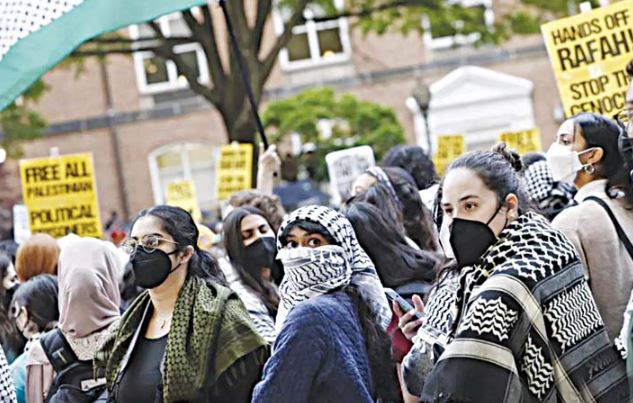Washington : The US Central Command is “still assessing” the results of a drone strike late August in Kabul, Afghanistan, which was alleged to have killed mulitiple civilians, the Pentagon said.
“I would say that the assessment by the Central Command is ongoing, and I’m not going to get ahead of that,” Pentagon Press Secretary John Kirby told reporters during a briefing.
Kirby’s remarks were in response to a question over media investigations that suggested the U.S. military might have mistaken an aid worker for a suicide bomber in the Aug. 29 drone strike in Kabul during its military withdrawal from Afghanistan.
Kirby defended the assault, saying that it was “taken to prevent an imminent attack.” He added that Central Command has so far had no plans to put investigators on the ground, but promised that the Pentagon will be “as transparent about the outcomes as we can.”
The U.S. Central Command said on Aug. 29 that it launched a drone strike on a vehicle in Kabul, which it claimed had eliminated an “imminent” threat, posed by ISIS-K, an Afghanistan-based offshoot of the Islamic State, to the Hamad Karzai International Airport, where evacuations of U.S. service members and personnel were underway.
“We are confident we successfully hit the target,” the Central Command said in a statement. “Significant secondary explosions from the vehicle indicated the presence of a substantial amount of explosive material.” Mark Milley, chairman of the U.S. Joint Chiefs of Staff, has called it a “righteous strike” with procedures correctly followed.
But separate investigations by The New York Times and The Washington Post have identified the vehicle driver as Zemarai Ahmadi, a 43-year-old electrical engineer working for Nutrition and Education International, a U.S. aid group based in Pasadena, California.
Their analyses have also called into question the Central Command’s allegation of “secondary explosions” from the vehicle. An examination of the scene of the strike “found no evidence of a second, more powerful explosion,” with experts pointing to the lack of collapsed walls or destroyed vegetation, according to the Times.
While the U.S. military has so far acknowledged that there might have been three civilian casualties, Ahmadi’s relatives said 10 members of their family, including seven children, were killed in the U.S. drone strike.
The Central Command announced on Aug. 30 that it had completed the pullout of U.S. troops from Afghanistan, ending 20 years of military presence in the country, after botched evacuations that drew fierce criticism from both home and abroad.
The United States announced its “War on Terror” and invaded Afghanistan in 2001, soon after militants associated with the Islamic extremist group al-Qaida hijacked passenger planes and carried out suicide attacks against America, killing almost 3,000 people on its soil.
Over the years, Washington has expanded warfare into several other countries, relying heavily on drone strikes for targeted killings. U.S. drone and airstrikes have killed at least 22,000 civilians over the past two decades, according to watchdog Airwars.











More Stories
Columbia University aakes back Deadline set for Protesters to Leave Campus
BJD Releases List of 3 Candidates for Odisha Assembly Elections
Low vision clinic inaugurated at AIIMS Bhubaneswar